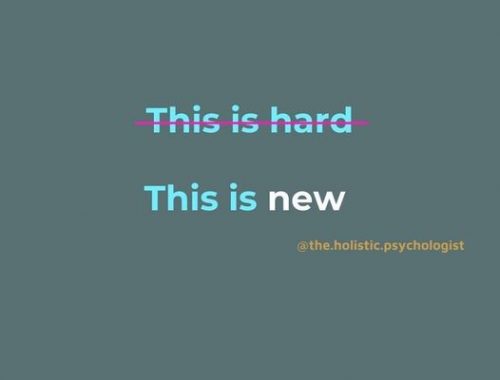Research when you have no money
A few weeks ago, I was part of a communications panel discussion where we discussed how to do research when you have no money. Our conversation reminded me that you don’t need a huge budget to find out what you need to know to create a great communication strategy.
When we think about research, we often think of big market research projects, mass community surveys or focus groups. While they have their place, we don’t always have the money or the time for something so comprehensive to inform our communications.
That doesn’t mean you shouldn’t do it. How often have we thrown together a plan based on what we did last time or our existing knowledge of the project or audience? We base our plan on assumptions like‘ Farmers have terrible internet connection’, ‘CALD audiences prefer hard copy’, or ‘Our stakeholders go to our website to find out about our policy’. We list the channels we know are available to us.
Effective, useful research is still possible if you do it yourself with little or no budget.
Why do you need to do some research?
For me, the basis of any good plan is research. It doesn’t need to be days and days of work, but you need to have taken the time to consider the current state of your operating environment (grab our free environmental scan template), audience and how to get information to them.
The thing I love about a bit of desktop research is that it can give you that lightbulb moment or make you think a little differently than you may have otherwise. Research ensures that you have evidence to back your ideas or inspire new ones.
Research can help you to be more influential because you can demonstrate the evidence base for your idea. It’s not just a random idea, it is based on knowledge of the audience, the issue or the operating environment.
It will help you test your assumptions or challenge your unconscious biases. You know, those long-held subconscious attitudes that you know are probably not based on any information or even well-formed coherent thoughts. Research can help you to identify and challenge them.
Research is what takes a plan from something on a page to an actually useful document.
How do you do research with no money?
Here are a few ways that I do research without spending anything.
- Use free reports – there are so many free reports out there that provide great insights into our audiences and operating environment.
- PWC Australian Media and Entertainment Outlook
- Deloitte, 2022 Digital media trends: Toward the metaverse
- University of Canberra, Digital News Report Australia 2022: Australians are shifting away from social media as a source of news
- Australia Post insights reports
- Australian Bureau of Statistics Census data
- Talk to people – never underestimate how impactful it can be to talk to your audience or those that represent them!
- Ask the business area or project team for some contact details. They might be peak bodies, stakeholders, or users. You will only need 3-5 people (and an hour per person) to get a sense of what is happening for the audience. It will be time well spent! Always remember to follow up with a thank you email – these people are giving their time to help you.
- Run a small survey – We aren’t all social research experts, but if there are one or two things you just need to know, a short Survey Monkey or Forms survey is a great way to gather some information.
- Keep the questions short and targeted, and email it directly to 10-20 people. Sure it’s not a representative sample, but it will help build your understanding.
- Talk to other departments – You do not have to work in isolation, you are part of a big wide communications community.
- Just because you don’t have the money for research doesn’t mean that others haven’t done some. Just ask if they may be willing to share.
- Reach out to other teams with a project or policy targeting similar audiences. You never know, they may have just finished evaluating a communications plan and be willing to share their lessons.
There is no one way. Just start. Google! Do some Facebook stalking. Ask questions. Read. I know it is hard to find the time, but research is a valuable way you can demonstrate your value to an organisation. It shows you are more than the ‘create a web page and write a social post’ type, you are a communications professional.
Author: Melanie Gibbons, Director

